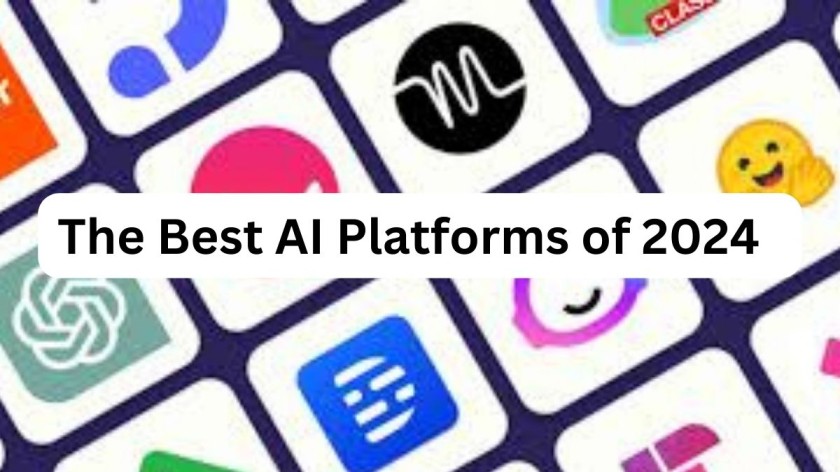Table of Contents
Introduction:
Artificial Intelligence (AI) continues to revolutionize a multitude of industries, from healthcare and finance to retail and entertainment. This rapid advancement is driven by AI’s ability to automate complex tasks, analyze vast amounts of data, and generate insights that were previously unattainable. As we step into 2024, the AI landscape is poised for significant growth, with new and improved platforms emerging as frontrunners in the field. These platforms promise to offer unprecedented capabilities, making it easier for businesses and researchers to deploy AI solutions effectively.
This year is particularly crucial for AI development as it brings forth innovations that enhance scalability, improve integration with existing systems, and refine the accuracy and efficiency of AI models. With so many options available, selecting the right AI platform can be daunting. This detailed review aims to simplify that process by examining the leading AI platforms of 2024.
We will explore their key features, evaluate their benefits, and identify any potential drawbacks. Whether you are a business leader seeking to integrate AI into your operations, a developer looking for the best tools to build AI models, or an enthusiast eager to stay ahead of the curve, this review will provide the insights you need to make an informed decision.
List of Best AI Platforms of 2024:
(1) OpenAI GPT-4: The Leading Conversational AI
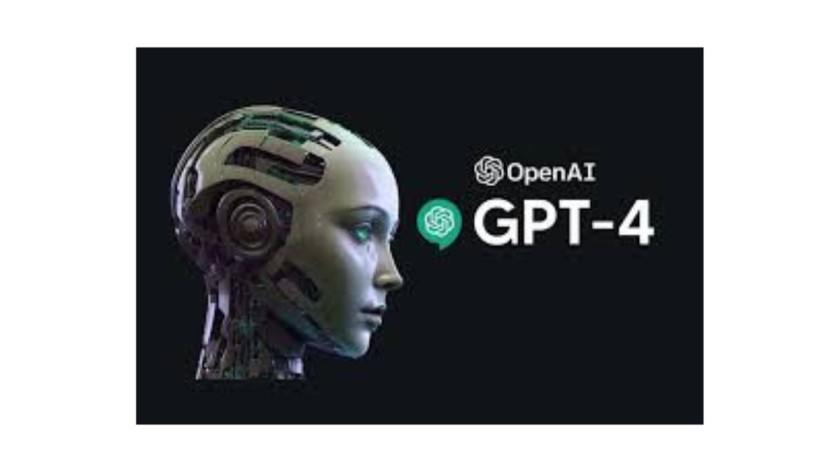
Overview:
OpenAI’s GPT-4 remains at the forefront of conversational AI. This advanced language model has significantly improved its natural language processing capabilities, making it a powerful tool for creating human-like text. It is widely used for applications such as chatbots, content generation, and automated customer support.
Key Features:
- Enhanced Language Understanding: GPT-4’s ability to understand and generate contextually accurate text is unparalleled. This makes interactions more natural and intuitive.
- Customizable: Users can fine-tune the model to cater to specific industry needs, enhancing its effectiveness and relevance.
- Integration: The platform offers straightforward API integration, enabling seamless incorporation into various applications and services.
Pros:
- Superior Language Capabilities: GPT-4 excels in producing coherent and contextually appropriate text, which enhances user experience.
- Highly Customizable: The model can be adjusted to fit specific requirements, making it versatile across different use cases.
- Robust Support and Documentation: Comprehensive resources and support ensure users can maximize the platform’s potential.
Cons:
- Resource Intensive: Running GPT-4 requires substantial computational power, which can be a barrier for smaller organizations.
- Costly: High usage costs may deter extensive or long-term use without substantial investment.
(2) Google AI Platform: A Comprehensive AI Suite
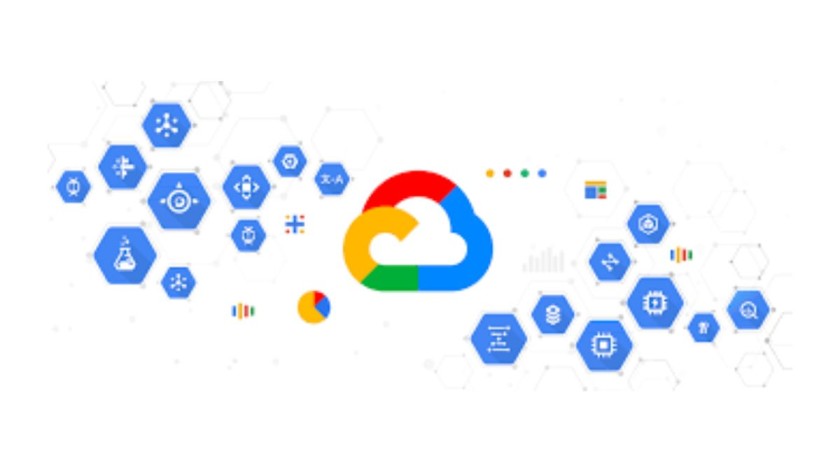
Overview:
Google AI Platform offers an all-encompassing suite of tools for developing, training, and deploying machine learning models. Leveraging Google’s robust infrastructure, it supports large-scale AI projects with efficiency and reliability.
Key Features:
- AutoML: Google’s AutoML tools automate the model training process, making it accessible even for those without deep expertise in machine learning.
- TensorFlow Integration: Tight integration with TensorFlow allows users to leverage one of the most popular and powerful machine learning frameworks available.
- Scalability: The platform is designed to handle extensive datasets and complex models, making it suitable for enterprises.
Pros:
- Integration with Google Cloud Services: The platform’s synergy with Google Cloud enhances its capabilities, offering a cohesive ecosystem for AI development.
- Scalability: It can efficiently manage large-scale projects, accommodating growing data and computational needs.
- Extensive Support and Community Resources: Users benefit from a vast array of tutorials, forums, and documentation.
Cons:
- Complexity: The platform can be overwhelming for beginners due to its extensive features and options.
- Higher Costs: Utilizing extensive cloud resources can become expensive, particularly for startups and small businesses.
(3) Microsoft Azure AI: Enterprise-Grade AI Solutions
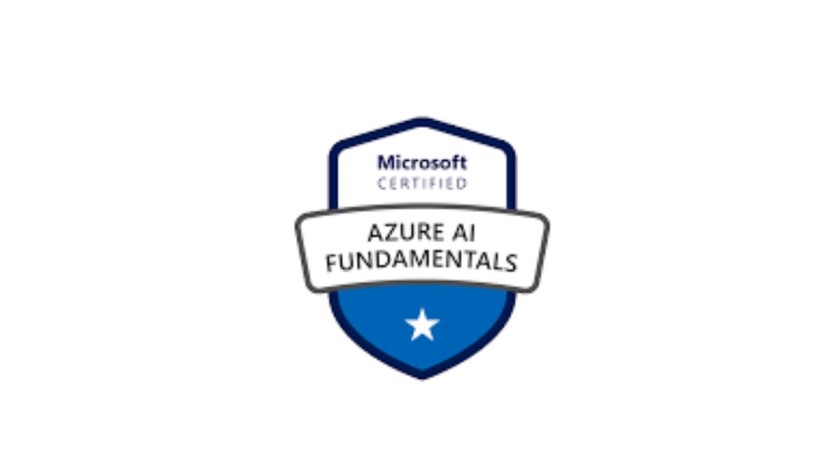
Overview:
Microsoft Azure AI delivers robust, enterprise-grade AI solutions. Its comprehensive suite of tools and services supports AI development and deployment across various sectors, offering reliability and scalability.
Key Features:
- Cognitive Services: Pre-built APIs for vision, speech, language, and decision-making facilitate rapid AI deployment.
- Azure Machine Learning: An end-to-end platform for building, training, and deploying machine learning models with ease.
- Security: Advanced security features ensure data and model protection, crucial for enterprise applications.
Pros:
- Comprehensive Toolset: A wide range of AI tools supports diverse applications and industries.
- Focus on Security and Compliance: Strong security protocols and compliance features meet enterprise standards.
- Integration with Microsoft Services: Seamless integration with other Microsoft products enhances productivity and efficiency.
Cons:
- Cost: Enterprise-grade solutions come at a higher price, which can be prohibitive for smaller entities.
- Learning Curve: The platform’s extensive features may require significant time and effort to master.
(4) IBM Watson: AI for Business Innovation
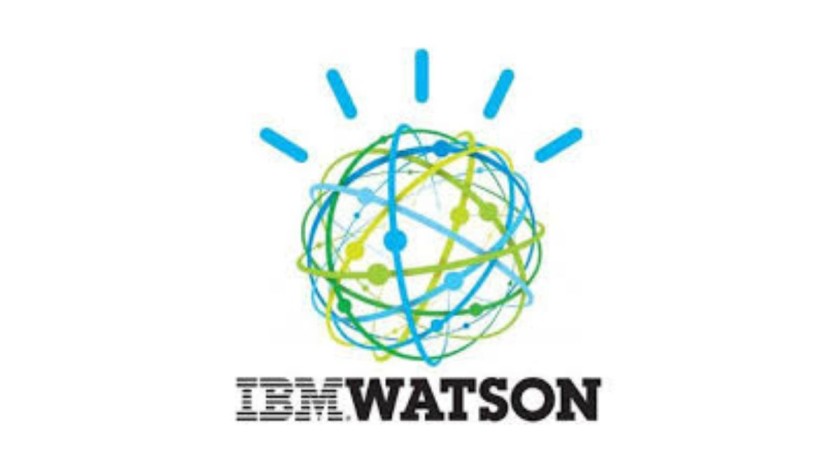
Overview:
IBM Watson is tailored for business applications, offering a suite of tools designed to improve decision-making, automate processes, and foster innovation. Its industry-specific solutions cater to sectors like healthcare, finance, and more.
Key Features:
- Watson Assistant: A powerful tool for creating conversational interfaces, and enhancing customer interactions.
- Watson Discovery: Utilizes AI to derive insights from large volumes of data, aiding in informed decision-making.
- Industry Solutions: Tailored AI solutions address specific industry needs, from healthcare diagnostics to financial analysis.
Pros:
- Industry Focus: Specialized tools and solutions meet the unique demands of various industries.
- Advanced NLP Capabilities: Watson excels in natural language processing, offering accurate and context-aware responses.
- Enterprise Support: IBM provides extensive support to ensure successful deployment and operation.
Cons:
- Higher Cost: Premium features and industry-specific solutions come with a higher price tag.
- Customization Needs: Significant customization may be required to fully leverage Watson’s capabilities for specific use cases.
(5) Amazon Web Services (AWS) AI: Scalable AI on the Cloud
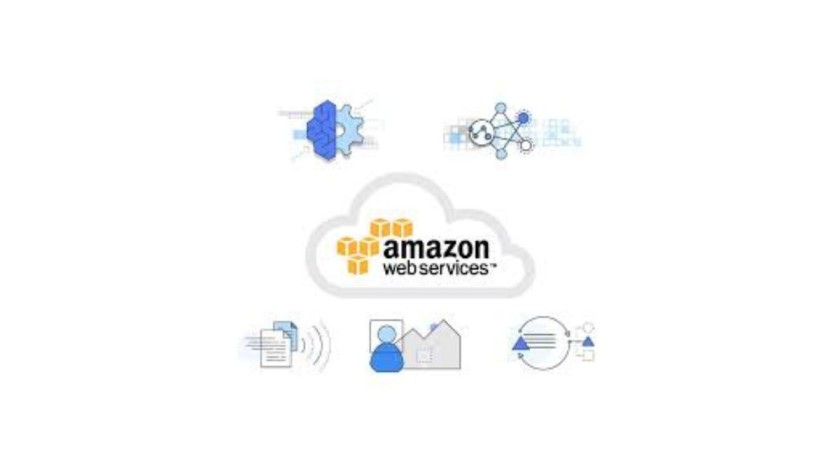
Overview:
AWS AI offers a versatile range of cloud-based AI services, suitable for businesses of all sizes. Its extensive suite of tools supports a variety of AI applications, from machine learning to image recognition and conversational interfaces.
Key Features:
- SageMaker: An all-in-one tool for building, training, and deploying machine learning models, making AI accessible to developers and data scientists.
- Rekognition: Provides powerful image and video analysis capabilities, useful for security, retail, and more.
- Lex: Enables the creation of conversational interfaces using natural language understanding and speech recognition.
Pros:
- Scalability and Flexibility: AWS AI services scale with your business needs, ensuring you only pay for what you use.
- Extensive Range of Services: A comprehensive suite of AI tools supports diverse applications and industries.
- Competitive Pricing: Pay-as-you-go pricing models make it cost-effective for startups and small businesses.
Cons:
- Complex Navigation: The broad array of services can be overwhelming for new users.
- Costs Add Up: While competitive, costs can increase significantly with extensive or intensive use.
Conclusion:
Choosing the best AI platform in 2024 hinges on your specific needs, budget, and expertise. OpenAI GPT-4 stands out for its natural language processing capabilities, making it ideal for conversational AI applications. Google AI Platform and Microsoft Azure AI offer robust, scalable solutions for large enterprises, with extensive tools for machine learning and AI development. IBM Watson excels in providing industry-specific solutions, particularly in sectors like healthcare and finance. AWS AI offers versatile, scalable cloud-based services that cater to a wide range of applications.
When evaluating these platforms, consider your project’s requirements, the level of support you need, and your budget. Staying updated with the latest tools and technologies will be crucial in leveraging AI’s full potential and driving innovation in your field.
Read More- The Latest Developments in the Tech World
FAQ-
What makes OpenAI GPT-4 stand out among AI platforms?
OpenAI GPT-4 excels in natural language processing, making it ideal for creating human-like text for chatbots, content generation, and customer support. Its advanced language understanding, customization options, and easy API integration make it a top choice.
How does the Google AI Platform benefit businesses?
Google AI Platform offers a comprehensive suite of tools, including AutoML and TensorFlow integration, to simplify model training and deployment. Its scalability and robust integration with Google Cloud services make it suitable for large-scale AI projects.
What are the key features of Microsoft Azure AI?
Microsoft Azure AI provides enterprise-grade solutions with Cognitive Services and Azure Machine Learning tools. It emphasizes security and compliance, making it a reliable choice for industries requiring robust data protection and regulatory adherence.
Why is IBM Watson considered a strong contender in the AI space?
IBM Watson specializes in business AI applications, offering tools like Watson Assistant for conversational interfaces and Watson Discovery for data insights. Its industry-specific solutions and advanced natural language processing capabilities make it a valuable asset for sectors like healthcare and finance.
What are the advantages of using AWS AI for AI development?
AWS AI offers a versatile range of cloud-based services, including SageMaker for machine learning, Rekognition for image and video analysis, and Lex for conversational interfaces. Its scalability, flexibility, and competitive pricing make it accessible to businesses of all sizes.
Which AI platform is the most cost-effective?
AWS AI often stands out for its competitive pricing and pay-as-you-go model, making it cost-effective for startups and small businesses. However, costs can increase with extensive usage, so it’s important to manage resources carefully.
Can beginners easily use these AI platforms?
Some platforms, like Google AI Platform and Microsoft Azure AI, may have a steep learning curve due to their extensive features. With their user-friendly interfaces and robust support, platforms like OpenAI GPT-4 and AWS AI may be more accessible to beginners.
How important is customization when choosing an AI platform?
Customization is crucial as it allows users to tailor AI models to specific industry needs and applications, enhancing their effectiveness and relevance. OpenAI GPT-4 and IBM Watson offer significant customization options, making them versatile for various use cases.
What should I consider when selecting an AI platform?
Consider your project’s specific requirements, the level of support you need, your budget, and the scalability of the platform. Evaluating these factors will help you choose a platform that aligns with your goals and resources.
How do these AI platforms handle data security?
Platforms like Microsoft Azure AI and IBM Watson prioritize security with advanced features and compliance protocols to protect data and models. Ensuring the chosen platform meets your security requirements is essential for safeguarding sensitive information.
Are there industry-specific solutions available on these platforms?
Yes, IBM Watson is particularly known for its industry-specific solutions, catering to sectors like healthcare and finance. Microsoft Azure AI also offers tailored tools for various industries, ensuring specialized support for unique needs.
How do these platforms support AI innovation and research?
These platforms provide cutting-edge tools and resources that facilitate AI research and innovation. For example, Google’s TensorFlow integration and AWS’s SageMaker empower researchers and developers to push the boundaries of AI technology.

